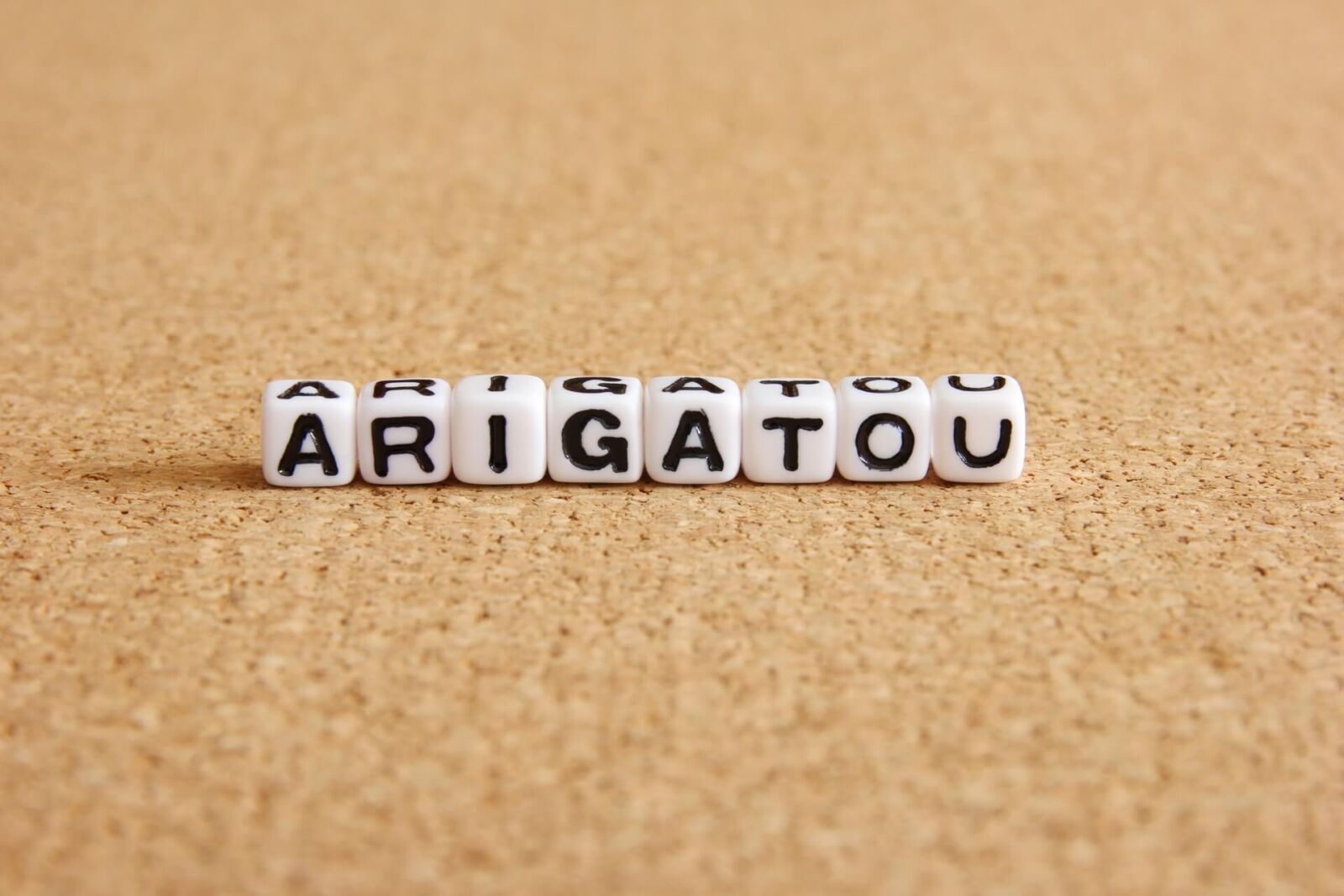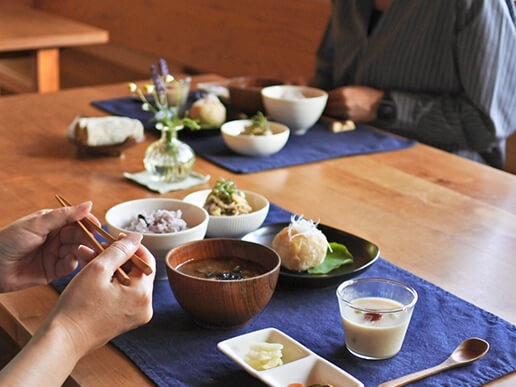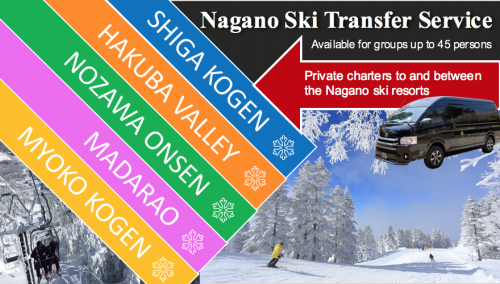Essential Phrases for Polite Interactions in Japan

A large misconception about Japan is that it is a country full of strict cultural rules and that it’s easy for a traveler to inadvertently offend someone. The reality is that most Japanese people do not expect travelers to understand the complex etiquettes you might have read about. However, understanding key etiquette rules and essential phrases can enhance your experience in Japan and help to enhance your experience abroad.
Key Etiquette Rules for Travelers in Japan
When you set foot in Japan, you’ll quickly notice an emphasis on politeness and consideration for others. Here are some essential etiquette rules to keep in mind:
Bowing: A bow is a common form of greeting and shows respect. The depth and duration of the bow can indicate the level of respect or formality. A simple nod of the head is often sufficient for casual encounters.
Shoes Off Indoors: Always remove your shoes when entering someone’s home, traditional inns (ryokan), certain temples, and even some restaurants. It will usually be clear if you are required to take your shoes-off as there will likely be a shoe locker or a basket of slippers nearby.
Quiet in Public Spaces: Japanese are very considerate of others when it comes to noise in public spaces. Do not speak on the phone while on trains and buses unless completely necessary—and if you do, try to move away from people and speak quietly.
No Tipping: Unlike in many Western countries, tipping is not customary and will not be accepted. Instead, show appreciation through words. Japanese proprietors are always grateful for reviews of their establishments on GoogleMaps or other review sites.
Respect Personal Space: Japanese culture values personal space, so try to avoid close physical contact unless you are well-acquainted. This extends to your luggage as well. Even on crowded trains it is recommended to try to take-up as little room as possible by placing your backpack or bags in front of you or on the overhead shelves..
Use Both Hands: When giving or receiving something, like business cards or gifts, use both hands as a sign of respect.
Showing Respect to Locals While Traveling in Japan

Respecting local communities goes beyond merely following etiquette; it’s about connecting with the culture and its people. And while it’s a misconception that most Japanese people can’t speak English, the best way to truly connect with the local community is by learning a few key phrases to express your interest in local traditions.
Basic Greetings
Starting a conversation on a polite note is crucial.
Ohayou-gozaimasu (おはようございます): Good morning
Kon’nichiwa (こんにちは): Hello (during daytime only)
Konbanwa (こんばんは): Good evening/hello (during evening/night)
Showing Thanks and Appreciation
Gratitude is an essential part of Japanese culture, and expressing thanks can significantly enhance your interactions.
Arigatou gozaimasu (ありがとうございます): Thank you
Yoroshiku onegaishimasu (よろしくお願いします): I look forward to our future interactions
Otsukaresama desu (お疲れ様です): Thank you for your hard work
Having Polite Table Manners
While it certainly pays to polish-up your chopstick skills in preparation for your visit, utilizing these following phrases will likely impress the restaurant staff just as much.
Itadakimasu (いただきます): Thank you for the meal (said before eating)
Gochisousama deshita (ごちそうさまでした): Thank you for the meal (said after eating)
If you are using chopsticks during your meals, it’s important to remember to not use them to point or pass things to others. Also, don’t stand your chopsticks up in your dish (especially do stick them into/stand them in rice). Doing so is associated with funeral rituals and while you’ll be excused for not knowing the customs, it will definitely get some dirty looks.
By understanding and using these essential phrases, you’ll not only enhance your travel experience but also show respect to the people and community you meet along the way.
2 Day Tour
| 2-Day Tour: Snow Monkeys, Samurai Experience & Zenkoji ‘Shukubo’ Stay | |
| Period | All Year Round |
| Time | Day1: 11:45-17:45 Day2: 09:55-17:35 |
| Meeting Place | Nagano Station |
| Adult Rate | ¥48,000 ~ |






